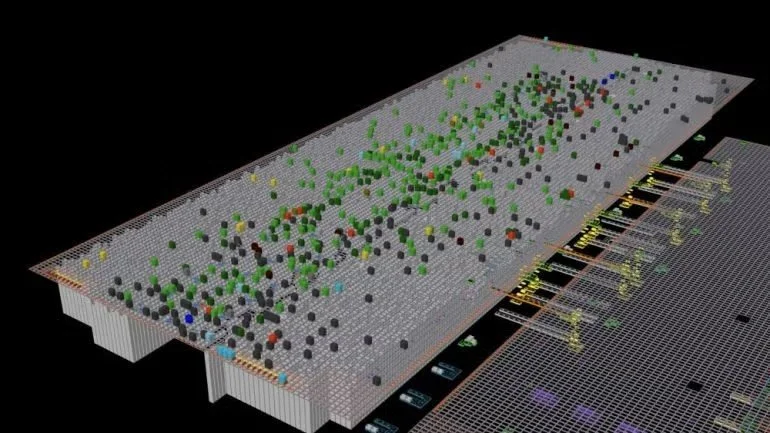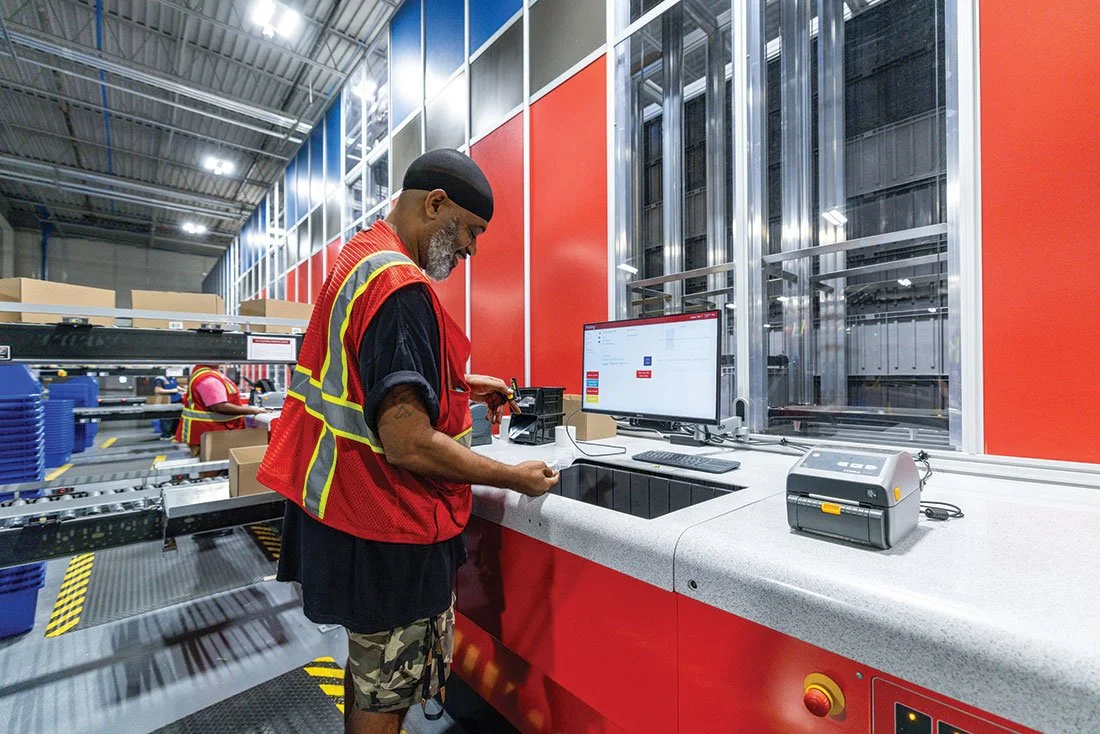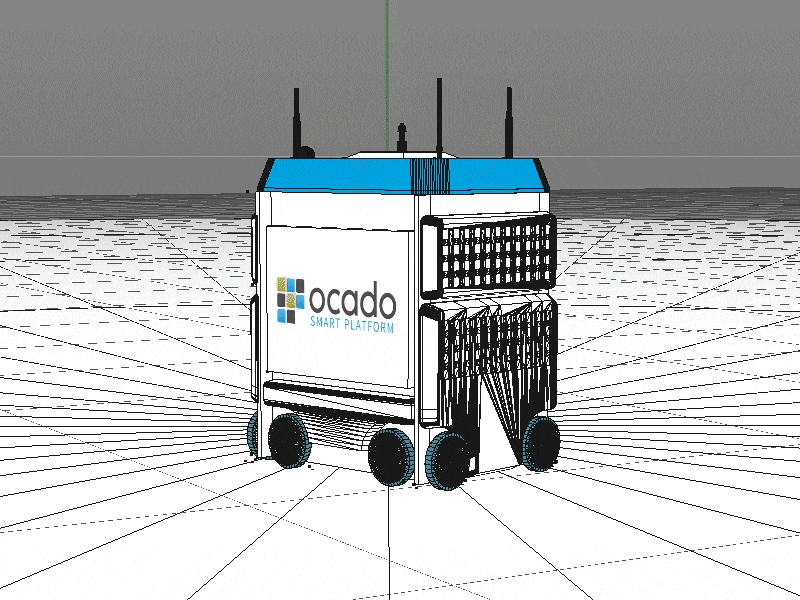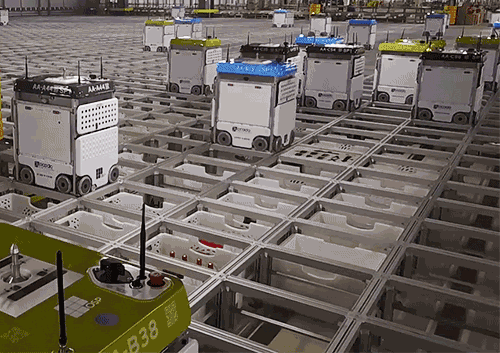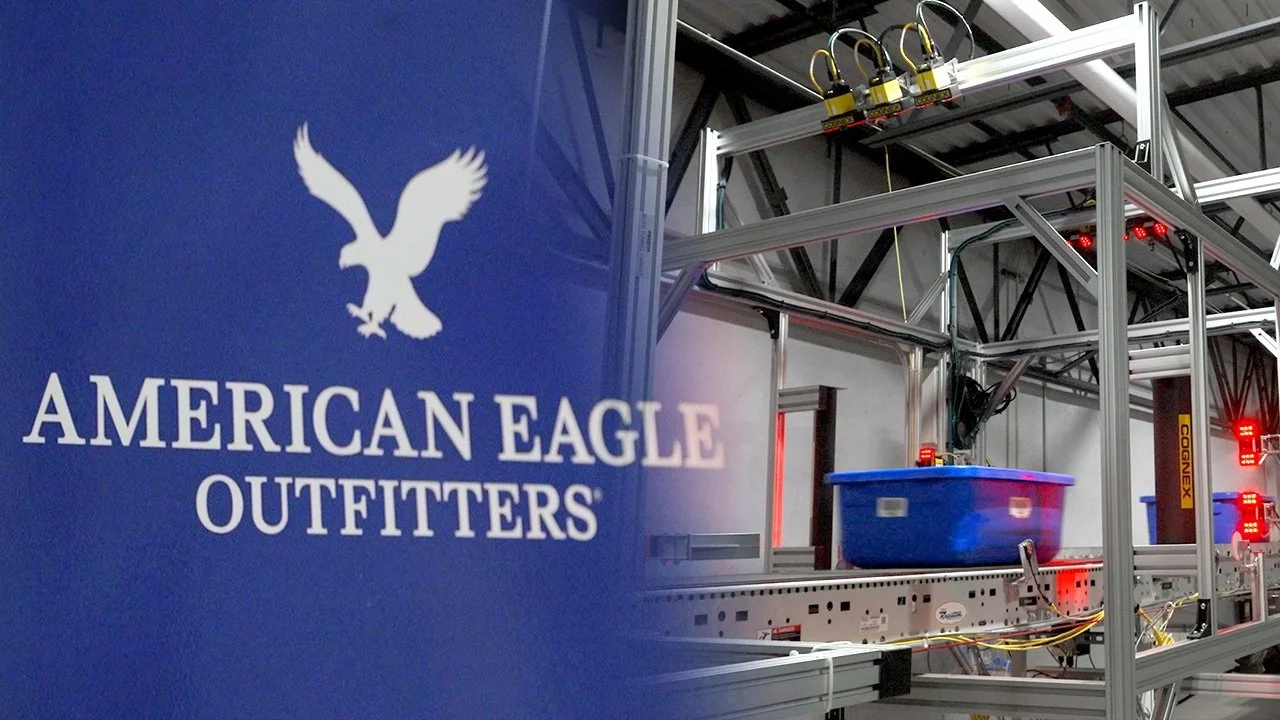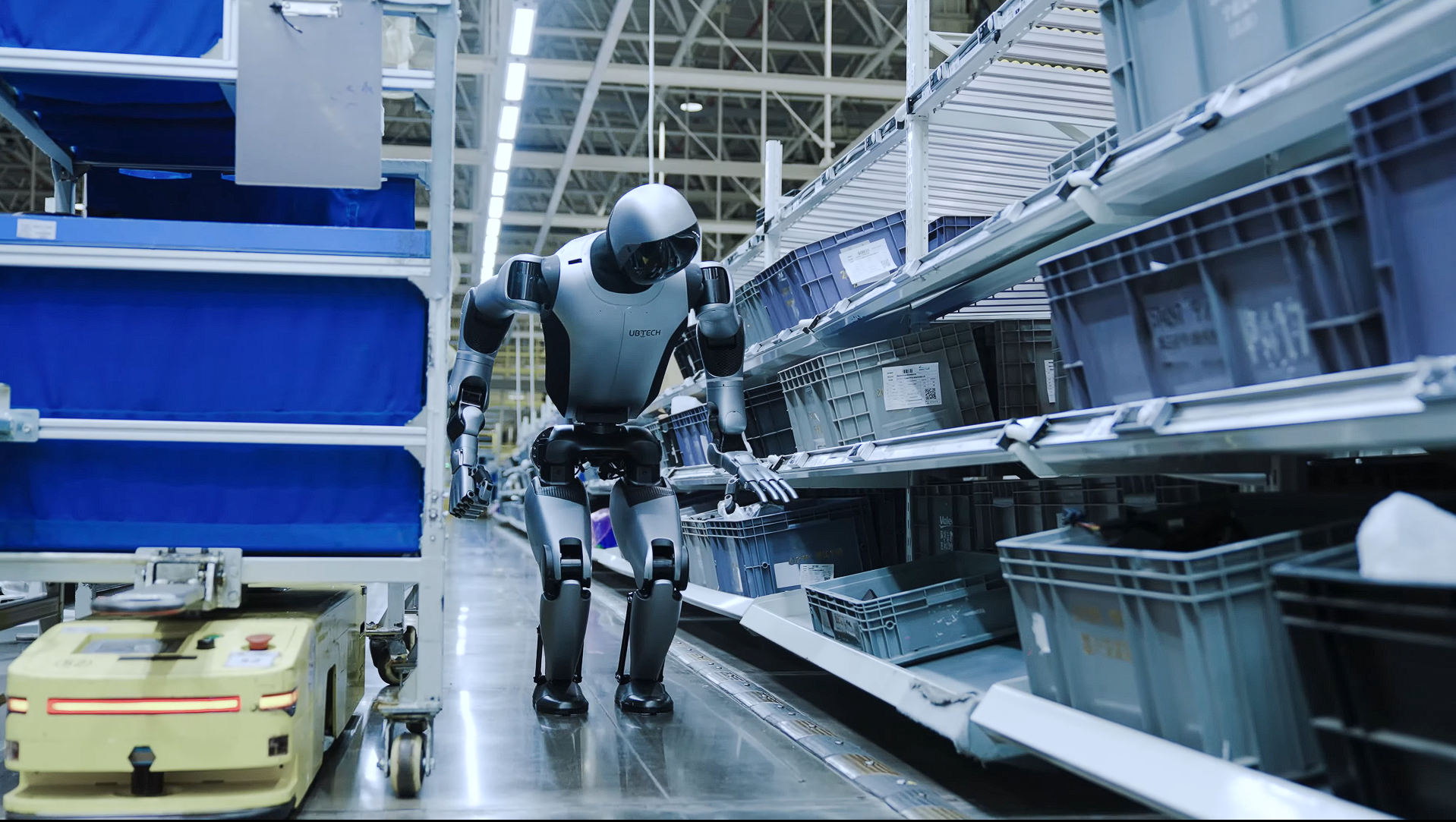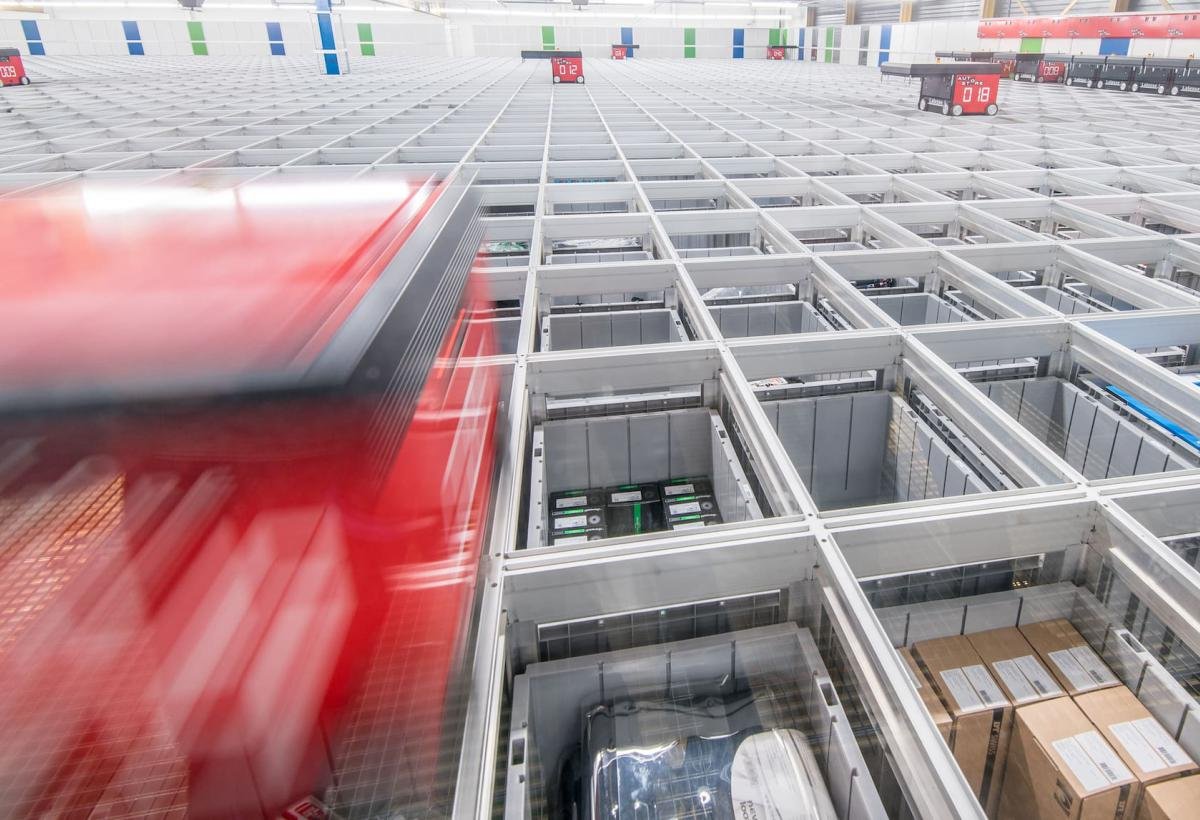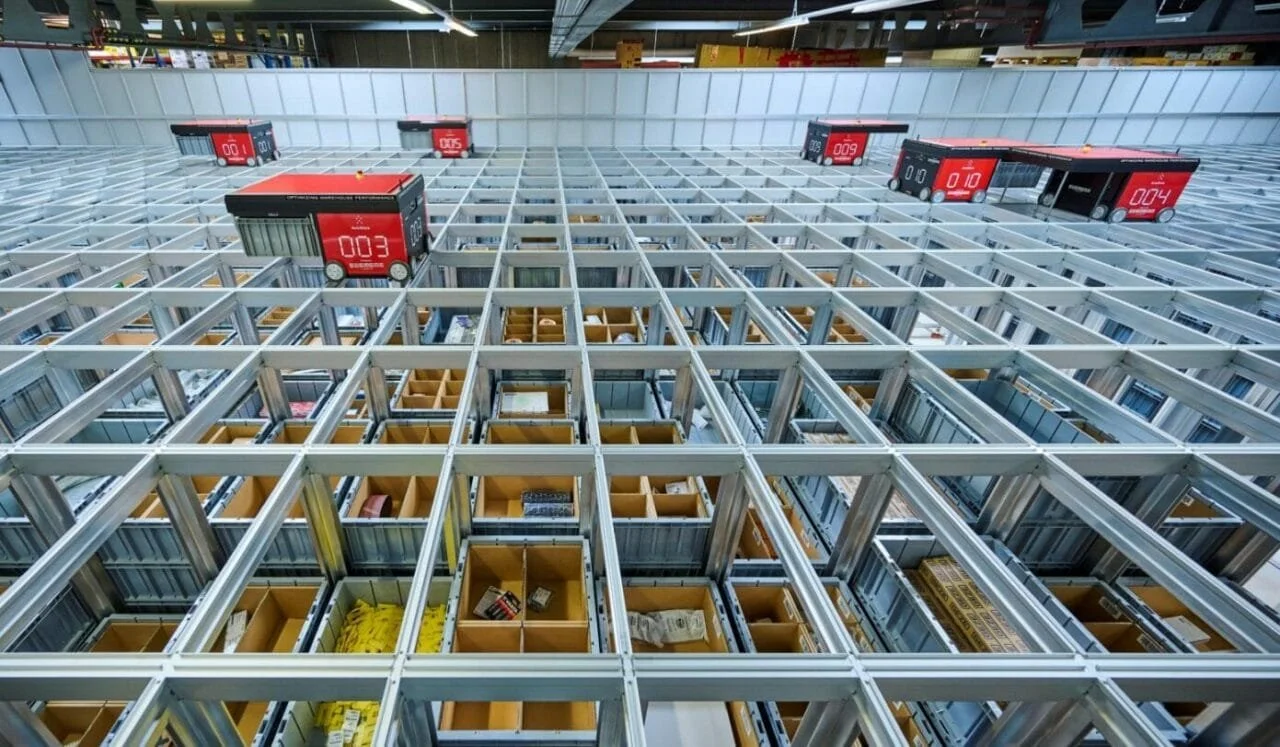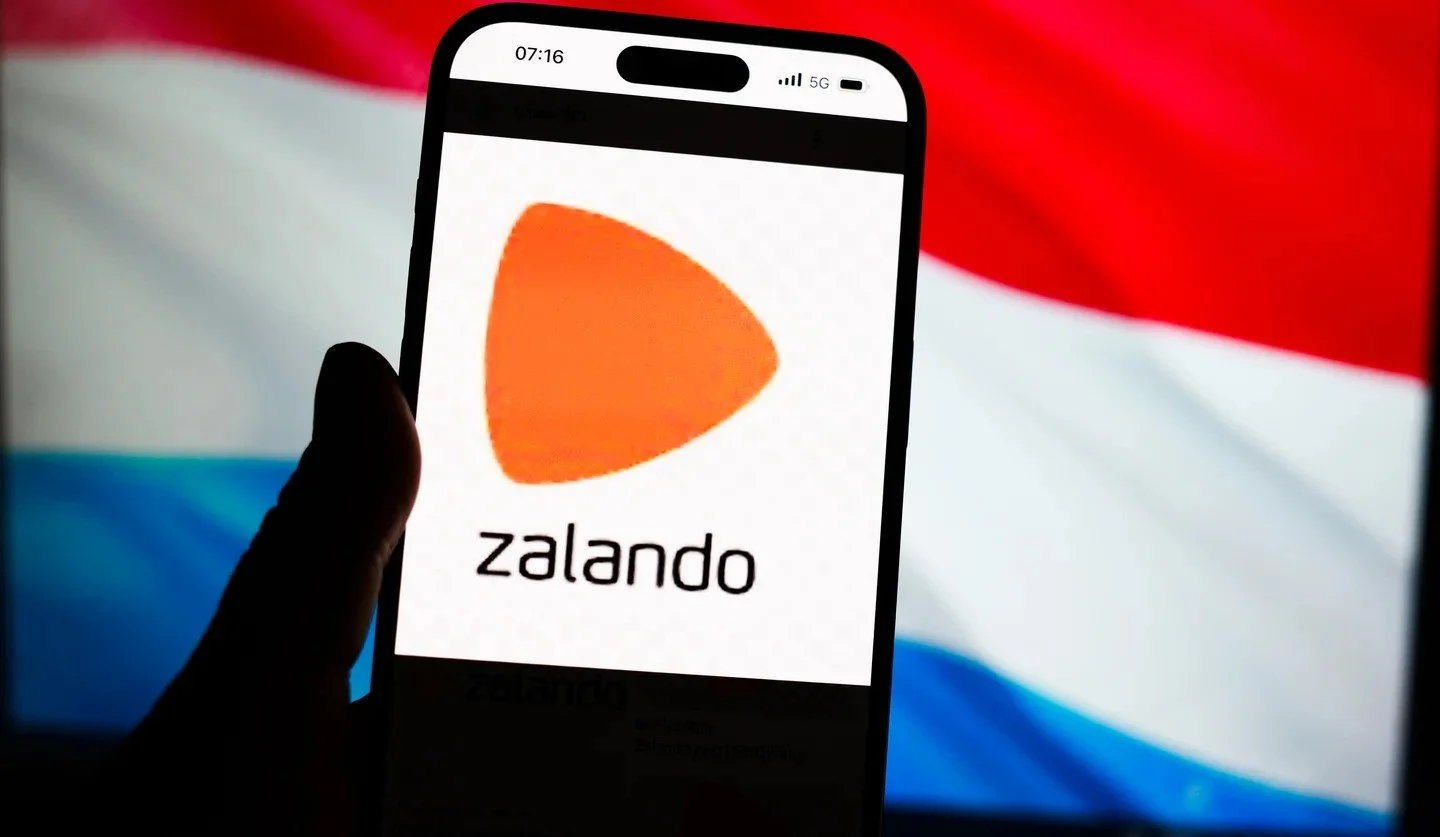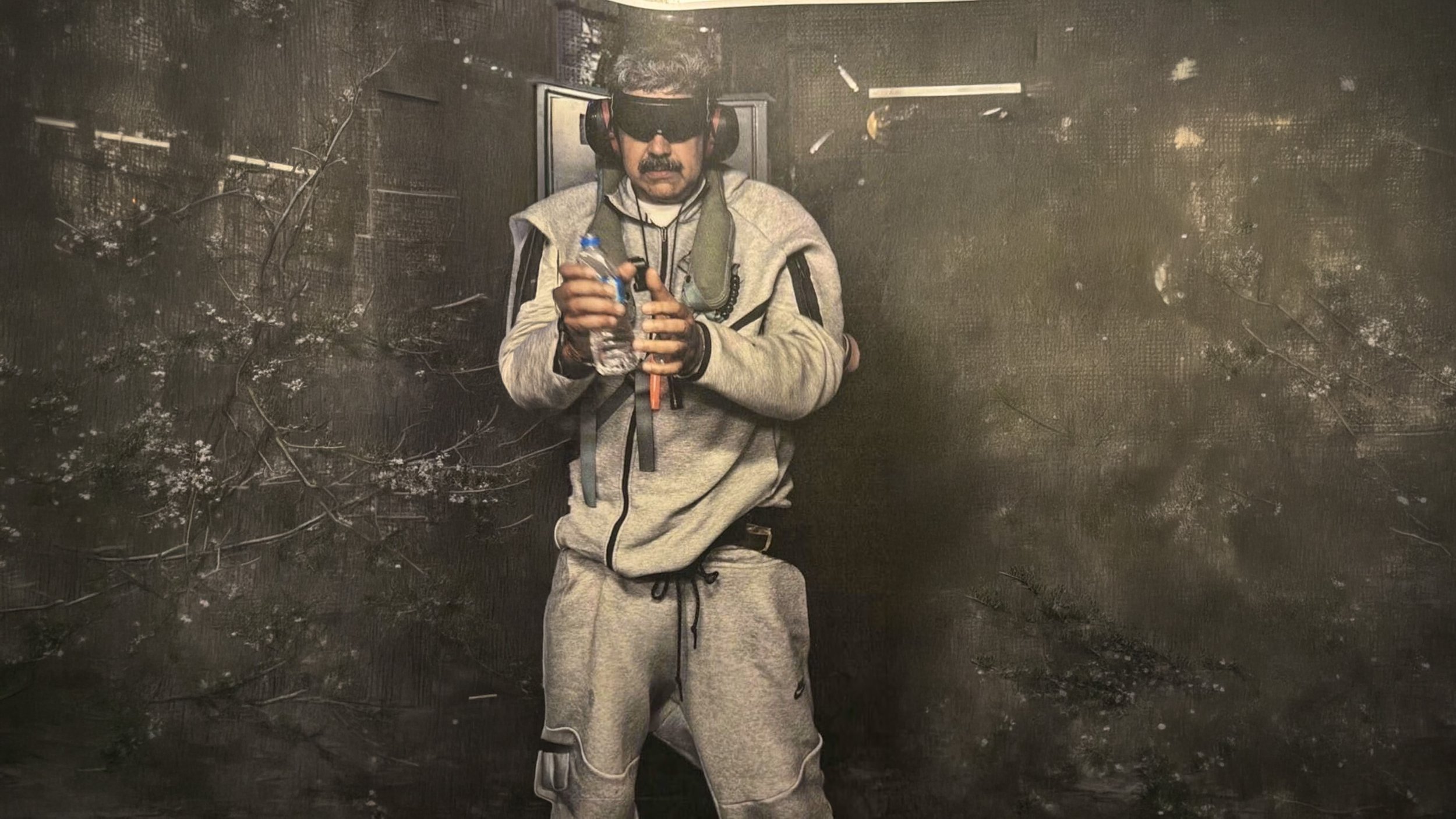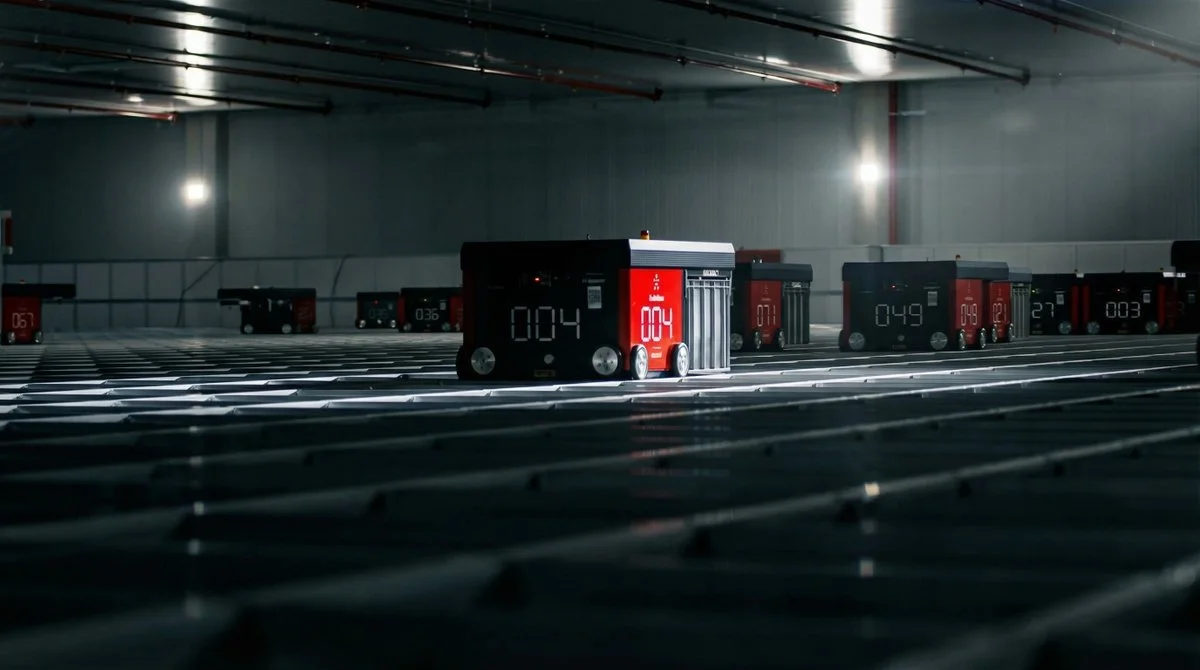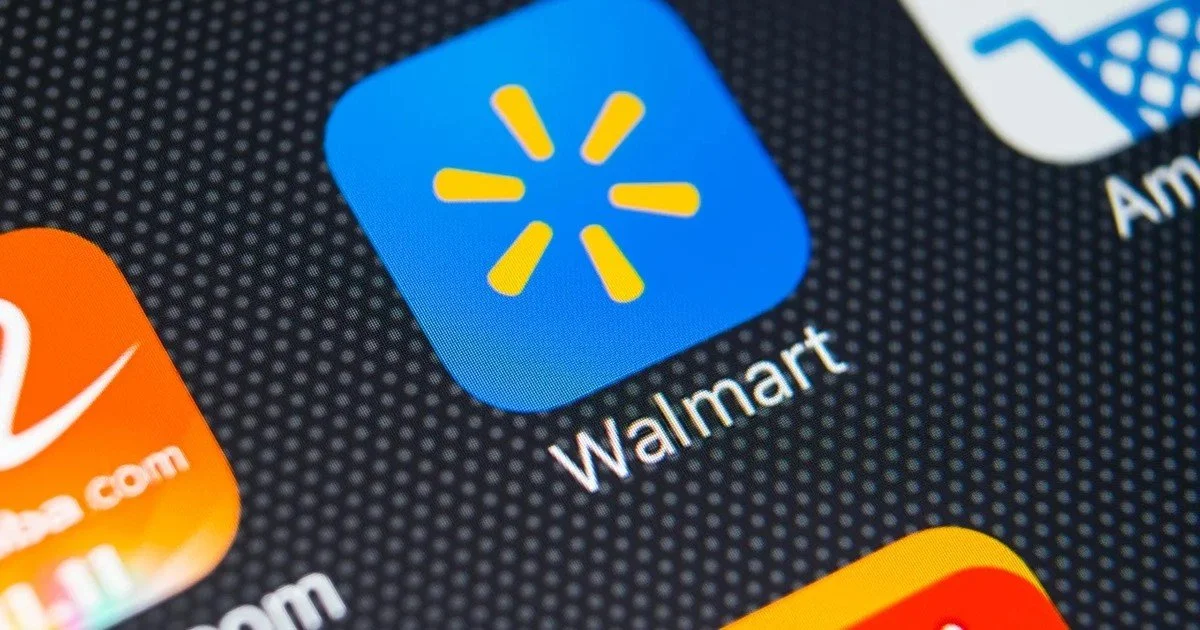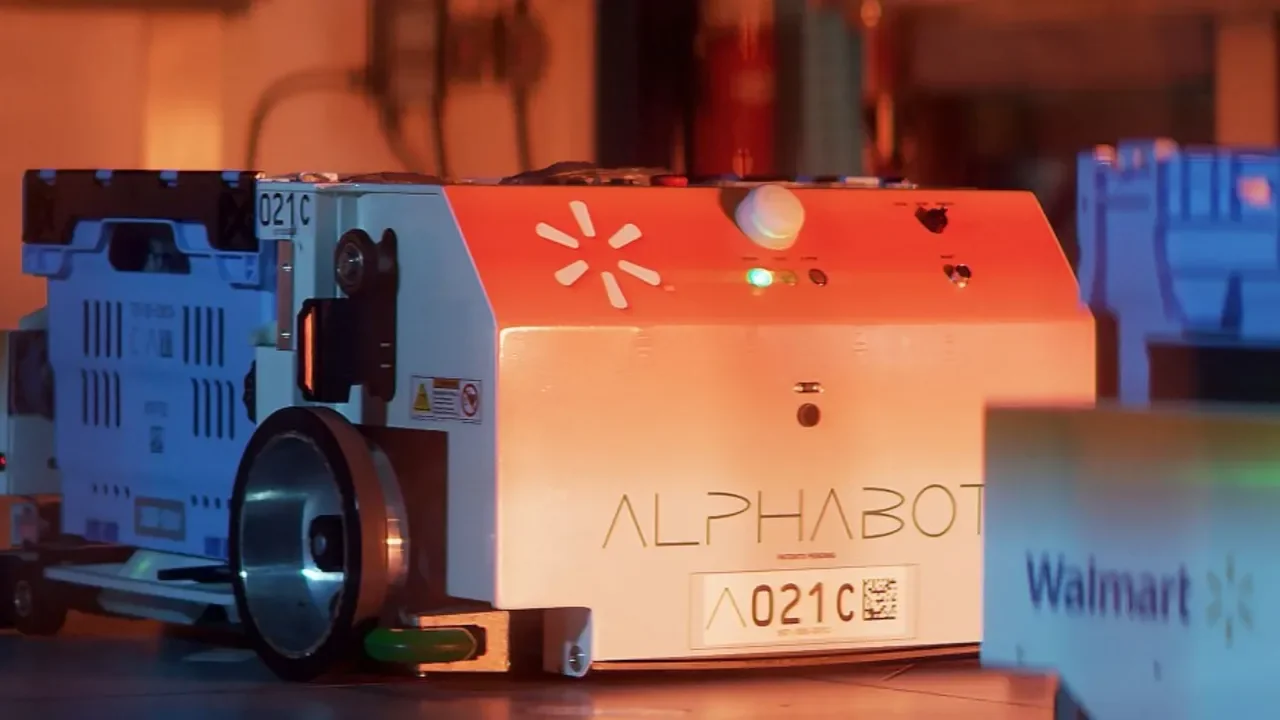Nestlé’s Global Shift Toward Automation
World’s largest food company is cutting 16,000 jobs due partly to automation
Nestlé, the world’s largest food company, announced it will cut around 16,000 jobs worldwide over the next two years as part of a sweeping effort to streamline operations, reduce costs, and accelerate the adoption of automation and AI-driven systems. The move represents one of the most significant corporate workforce restructurings yet tied to automation in the consumer goods sector.
Roughly 12,000 of the affected roles are white-collar positions, primarily in management, administration, and support functions. Nestlé stated it aims to achieve “operational efficiency” by automating repetitive processes, consolidating functions into shared service centers, and leveraging advanced analytics to make faster, data-driven decisions.
The remaining 4,000 job cuts will occur across manufacturing and supply chain operations as the company modernizes production environments and integrates robotics, predictive maintenance, and digital twin technologies to optimize throughput and cost efficiency.
“The world is changing, and Nestlé needs to change faster,” said new CEO Philipp Navratil. “This will include making hard but necessary decisions to reduce headcount.”
Automation as Strategic Imperative
Nestlé’s shift mirrors a broader global trend in which industrial giants are reconfiguring their workforces around automation-first strategies.
In food manufacturing — historically labor-intensive and process-driven — automation and robotics are now central to competitiveness. From robotic pick-and-pack systems to autonomous guided vehicles (AGVs) and AI-driven quality inspection, efficiency gains are no longer marginal—they are transformative.
Nestlé’s recent annual report highlights its growing use of AI in research and development, including ingredient modeling, formulation optimization, and sensory data analysis. The company also employs machine learning and advanced analytics to fine-tune promotional and retail activities, such as price discount modeling and in-store display performance.
AI, Shared Services, and the White-Collar Impact
Unlike previous automation waves that primarily affected factory and logistics roles, Nestlé’s announcement reflects a new reality: white-collar automation is accelerating.
Generative AI, workflow automation, and process-mining tools are replacing tasks once handled by marketing, finance, and administrative teams. Shared service centers increasingly combine human expertise with robotic process automation (RPA) and AI orchestration layers that handle everything from invoice processing to supply planning.
Anthropic’s CEO recently warned that AI could lead to a “dramatic spike in unemployment” as large enterprises deploy intelligent systems faster than the workforce can adapt — a prediction now playing out in real time across global multinationals.
Operational Turmoil and Leadership Transition
The layoffs follow a period of internal turbulence. Nestlé’s former CEO Laurent Freixe was removed in September for a breach of the company’s code of conduct, underscoring both the cultural and structural challenges the company faces during its transformation.
Despite the disruption, Nestlé reported 4.3% organic sales growth in Q3 and reiterated its commitment to invest in automation, digital transformation, and sustainability amid “ongoing risks from macroeconomic and consumer uncertainties.”
Bigger Picture
Nestlé’s restructuring sends a clear signal: automation and AI are no longer confined to the factory floor. The next phase of transformation will blend machine learning, robotics, and shared digital infrastructure to redefine how global organizations operate.
For automation professionals, this marks both an opportunity and a warning. As major brands like Nestlé, Unilever, and PepsiCo accelerate digital transformation, the demand for integrators, software orchestrators, and cross-platform automation frameworks will rise sharply.
Those capable of connecting warehouse systems, robotics fleets, and enterprise AI platforms into unified, data-driven ecosystems will define the next decade of operational excellence.
Nestlé’s global shift toward automation highlights a structural change sweeping across industries: automation is no longer just about replacing manual labor — it’s about rearchitecting business operations around intelligent, self-optimizing systems.
The companies that move fastest in mastering this balance between human capital and automation will set the competitive standard for the rest of the decade.

